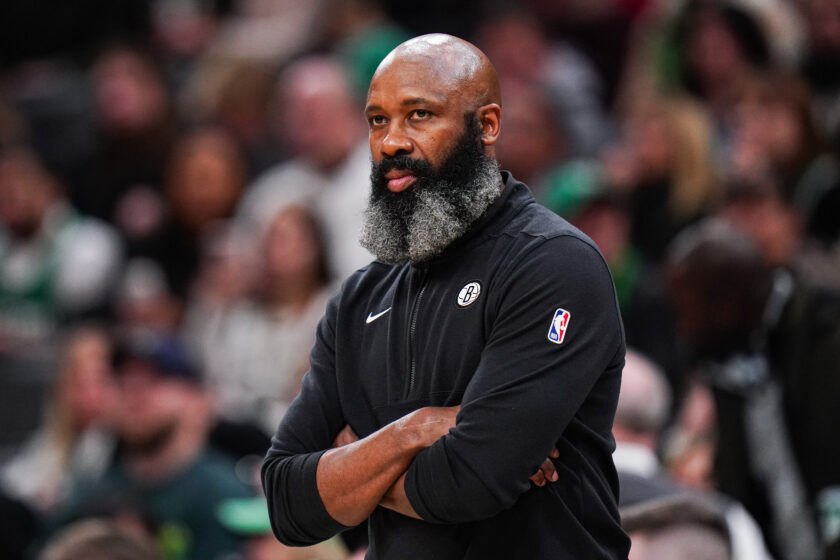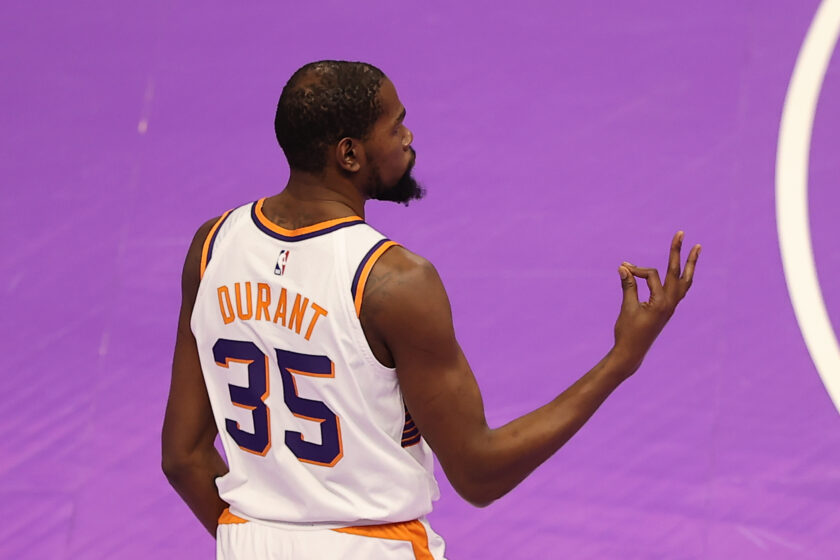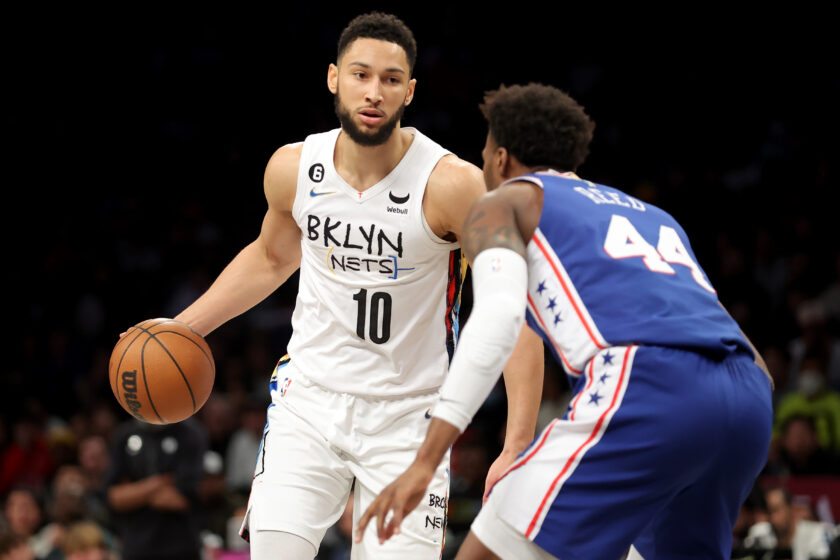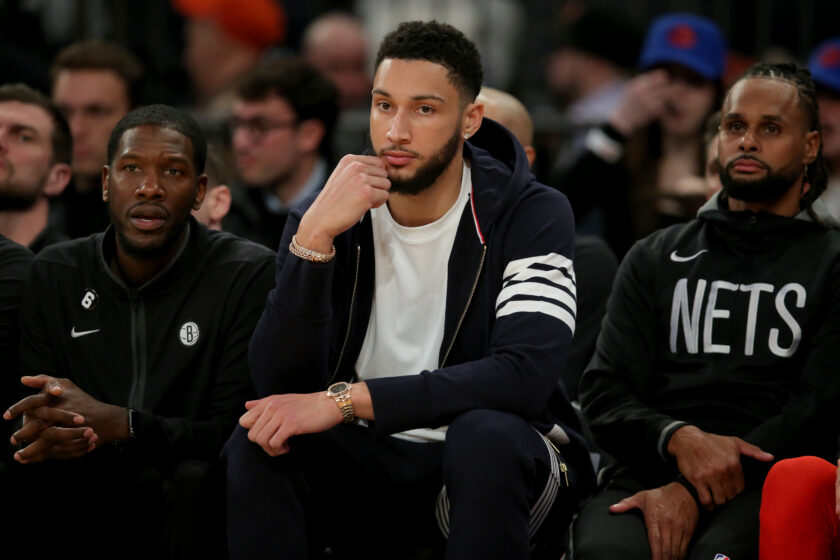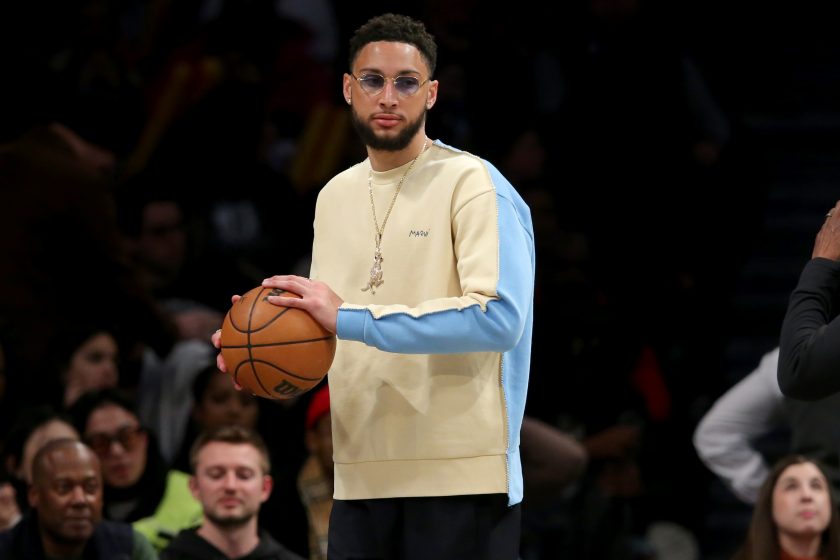How the NBA can return and still focus on what’s important
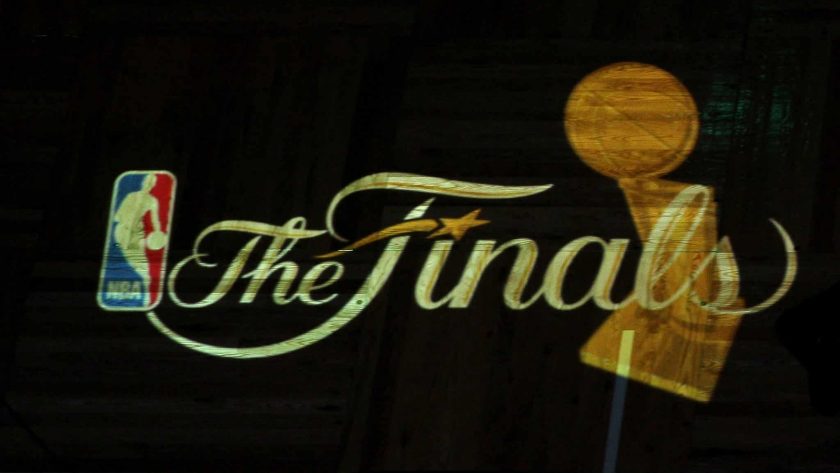
A look at how the NBA can return to play while still keeping the attention on the racial upheaval facing the country.
The NBA, much like the country, is facing a tumultuous period right now with the global pandemic and the recent national unrest stemming from the inconsequential killing of an unarmed African-American man at the hands of the police. A week ago, a shining ray of optimism was cast over the sports landscape as the NBA and NBPA voted in favor of the return of the NBA season. However, this past Friday, that ray of light was turned off, but seemingly for a good reason.
Kyrie Irving, who is no stranger to media scrutiny, set off a bomb that sent shockwaves throughout the basketball world. Friday afternoon reporters Taylor Rooks and Howard Beck both reported how some players felt their voices weren’t heard during the NBA’s restart vote and how others felt that playing would take away from the current racial unrest that’s gripping the country right now. Spearheading this uprising was Brooklyn Nets guard and NBPA vice president Kyrie Irving.
Later that day, a Woj bomb of a different variety was dropped. ESPN’s Adrian Wojnarowski pegged Irving as a disruptor, detailing how he and other players now have a change of heart on restarting the season. Also how Irving had previously been gung-ho on resuming the season. As the evening progressed, snippets from the league-wide conference call that involved over 100 players leaked out over Twitter. Players touched on a variety of issues stemming from COVID-19 concerns to the dilution of the message on systemic racism.
Kyrie Irving on players call Friday, per sources: “I’m willing to give up everything I have (for social reform)."
— Shams Charania (@ShamsCharania) June 13, 2020
Now here’s the thing. Irving and the other players raise a valid point on the NBA coming back being used as a distraction. Woj even tweeted a quote from a player who stated “the news will go from systemic racism to who did what in the game last night.”
One respected NBA player tells me: “Once we start playing basketball again, the news will turn from systemic racism to ‘who did what’ in the game last night. It’s a crucial time for us to be able to play and blend that to impact what’s happening in our communities.”
— Adrian Wojnarowski (@wojespn) June 12, 2020
And he’s right. Either you’re extremely optimistic or just blissfully ignorant to think that basketball’s return just in itself won’t take away some of the steam of the movement going on right now. Who wouldn’t want to escape the madness that is this world for a few hours to watch our favorite players again? The sad reality is many want this distraction to escape hearing about all the bad things going on. Whereas for many, they have to live it.
Some have also made the point that with all the eyeballs on the NBA in Orlando it’s a great opportunity for players to use it as a platform to speak on the issues plaguing our country. But there’s a problem with that.
The problem with this so-called “platform” that the players will have in Orlando, is that it’s no different from the platform that they already have as professional athletes. Players such as LeBron James and Steph Curry discussing inequality and police brutality would hit the same way whether it’s said in a quarantine bubble or if it’s said during non-pandemic times. Guys already have the eyes of the nation watching them regardless if games are being broadcast on TNT and ESPN. Athletes have a platform to speak whenever they want due to the vast reach of social media as well. Unfortunately, we’ve seen what happens when athletes have spoken out in the past. Does “shut up and dribble” ring any bells? Should the players still speak out and discuss issues while in the quarantine bubble?
Yes. But more must be done.
That being said, I do hope basketball resumes and I believe there is a way the NBA can bring basketball back while still bringing awareness to the racial inequality in the country. Some of the easy steps the NBA can take is to model it in a similar fashion to how the NFL does its Breast Cancer Awareness month. A specialized logo on each of the courts with perhaps a “Black Lives Matter” hashtag on the court or along the baseline. The league can also have specialized merchandise that would be sold on the league’s site. Commercials with messages of “Black Lives Matter” and “we’re in this together” could be incorporated during media timeouts. A link at the bottom of the screen that shows places to donate. And of course, an impassioned speech, most likely by LeBron James, addressing the nation before the first game.
Now here comes the “radical” part. If the NBA really wants to drive home the message of bringing awareness to racial injustices they can do a few things. For starters, a moment of silence can be had before each game in honor of a different victim of police brutality or racism such as Eric Garner or Ahmad Aubrey. During the NBA Finals, a stoppage at the 8:46 mark of the first quarter during Game 1 to honor the life of George Floyd. PSAs can be shown once per half as well, highlighting a variety of topics where racial inequality and injustice are present. Things such as the disproportionate incarceration rates of African-Americans or the rate at which African-Americans are killed by the police compared to others.
Terms such as “redlining” can be explained to show the negative impact it’s had on black communities and ways to fix it. Time could also be set aside during halftime to show educational pieces of Black history that have happened over the course of American history that isn’t widely known, such as the Tulsa Massacre. I did say it was radical at the beginning.
Is this a black history lesson that feels like it should be reserved for Black History Month? Absolutely. However, one cannot grasp the concepts of systemic racism without learning about some of these things and seeing how they’ve all shaped the current state of the world we live in now. The enjoyment of basketball is there mixed with education and awareness as well.
Obviously these are just ideas. Ultimately, it will be up to the league and players to figure out a way for the conversation to continue. If the NBA is as progressive as they claim to be, then they should not be worried about bringing politics into sports because race isn’t a political thing. You cannot disagree on racism. There are only two sides. Those for it and those against it.
Justin Thomas is a graduate of Temple University. While there, he was an on-air sports talk host for W.H.I.P as well as sports reporter for the Temple yearbook. Over the past few years, Justin has written for a few publications including Sports Illustrated. On top of writing for ESNY, Justin is also a Senior Writer for NetsRepublic.com and has had work featured on Bleacher Report.

